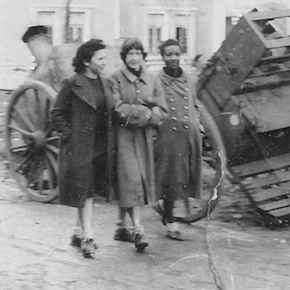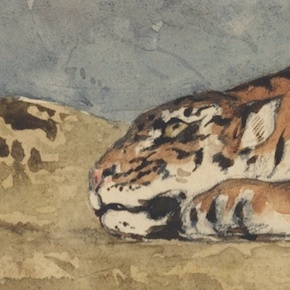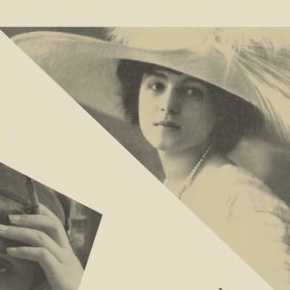
My grandmother
With some frequency, we hear readers ask authors how much of their novels they’ve pulled from their own lives, assuming that some if not most of the content must be autobiographical. One of the fascinating things about this memoir by Xesús Fraga is that readers ask the same thing, because it seems simply impossible that...
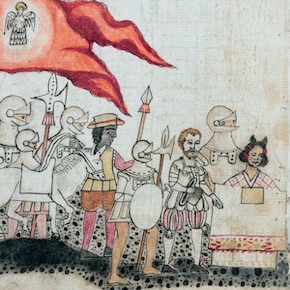
‘La lengua’: interpreters the colonial age
In August 1492, Christopher Columbus set sail from Spain, hoping to find a westwards trading route to Asia. With him were two interpreters, fluent in various European and Middle Eastern languages. Columbus himself, who was originally from Genoa in Italy, also spoke several European languages. Even within Spain, a multitude of languages coexisted, many of...
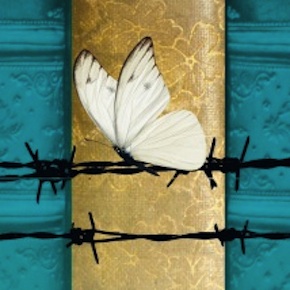
Polar bears in Auschwitz
“When I was in second grade, I found a piece of paper on my desk with the words, ‘You are a Jew’. I went home and asked: ‘Mum, what is a Jew?’ She explained that people have different religions, Christians, Protestants and Jews in Czechoslovakia. I said: ‘And we are Jews?’ The answer was a...
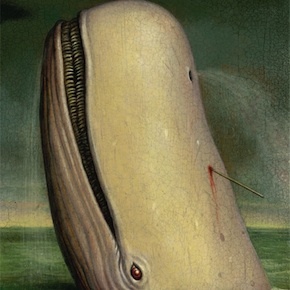
The solid case for ambiguity
At a moment of writers’ block, “the United Kingdom came to my rescue,” declares Javier Cercas in The Blind Spot: An Essay on the Novel, that is based on his Weidenfeld Lectures at Oxford in May 2015. The United Kingdom is in fact The Telegraph, or to be precise, an article by Umberto Eco, quoting...

The truth of the lie
“The duty of art (or of thought) consists in showing us the complexity of existence in order to make us more complex, in examining the mechanics of evil, so that we may avoid it, and even the mechanics of good, perhaps so we may understand them”. This is Javier Cercas’ declaration of intent at the...
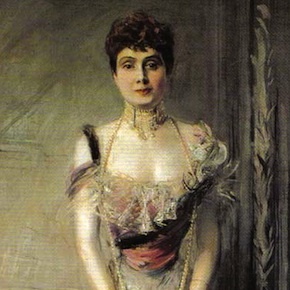
An Amazon dreaming of Arcadia
Historical fiction or fiction inspired by real events often runs the risk of yielding to the temptation of aggrandising one’s subject, of over-valorising the kernel of truth for the sake of effect and novelty, of the triumph of a first discovery. Like Arrowby in Iris Murdoch’s The Sea, The Sea, the author, as much as...

Enchanted by the mystery of books
Ana Pérez Galván, the tranquil force behind Hispabooks, has an unwavering dream: to publish new writing from every corner of Spain in English translation, and to change readers’ perceptions of Spanish literature as eternally oscillating between the two monumental poles of Cervantes and Lorca; to revise our view of Spain as being only the realistic...


